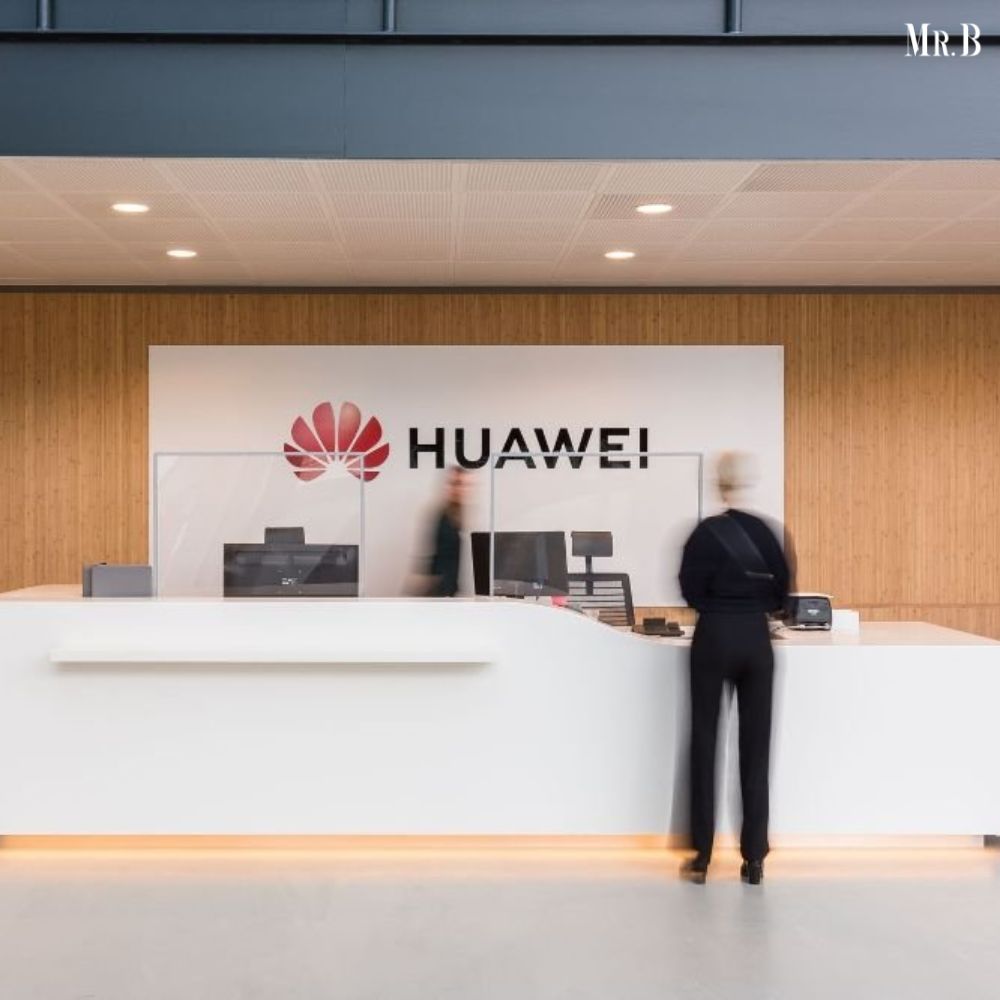Unveiling the Core Characteristics of Planning: A Blueprint for Organizational Success
- Category: Business

Unveiling the Core Characteristics of Planning:
Effective planning is the cornerstone of success for any organization, guiding actions and decisions toward predetermined goals. The characteristics of planning emerge as guiding beacons, steering organizations through uncertainty toward predetermined success. This comprehensive exploration unravels the intricacies of planning’s fundamental traits. In this comprehensive exploration, we will delve into the intricate characteristics of planning that form the bedrock of strategic decision-making and organizational excellence.
Here are 15 Characteristics of Planning:
1. Forward-Looking:
Planning is inherently future-oriented, focusing on setting objectives and determining the course of action to achieve them.
The characteristics of planning necessitate a proactive approach to anticipate and respond to potential challenges and opportunities.
2. Goal-Oriented:
One of the primary characteristics of planning is its goal-centric nature. Plans are crafted with specific objectives in mind, providing a clear direction for individuals and teams.
3. Flexible:
Effective planning recognizes the dynamic nature of business environments. Flexibility is a key characteristic, allowing for adjustments in response to changing circumstances.
4. Comprehensive:
The characteristics of planning dictate a comprehensive approach, considering all aspects of an organization, from resources and finances to personnel and market dynamics.
5. Continuous Process:
Planning is not a one-time event; it is an ongoing process. Regular evaluation and adaptation are essential characteristics, ensuring that plans remain relevant in evolving scenarios.

6. Unity of Purpose:
The characteristics of planning align individuals and teams toward a common purpose. It fosters a sense of unity and ensures that everyone is working cohesively toward shared goals.
7. Decision-Making Aid:
Planning serves as a valuable decision-making tool. By providing a structured framework, it aids in making informed choices that align with organizational objectives.
8. Efficiency Enhancement:
Another crucial characteristic of planning is its role in enhancing efficiency. Well-structured plans optimize resource allocation, minimizing waste and maximizing output.
9. Risk Management:
Planning incorporates risk assessment and mitigation strategies. This characteristic ensures that organizations are prepared to navigate uncertainties and challenges.
10. Coordinated Efforts:
Effective planning fosters coordination among different departments and levels within an organization. This characteristic ensures that efforts are synchronized for optimal results.
11. Time-Bound:
Time is a critical element in planning. The characteristics of planning include setting realistic timelines for the execution of tasks and achieving milestones.
12. Integration with Other Functions:
Planning is not isolated; it integrates with other management functions like organizing, staffing, directing, and controlling. This characteristic ensures a seamless execution of plans.

13. Feedback Mechanism:
The characteristics of planning include a feedback loop. Regular evaluations provide insights into the effectiveness of plans, enabling adjustments for continuous improvement.
14. Resource Allocation:
Planning involves a meticulous allocation of resources. This characteristic ensures that organizations allocate financial, human, and material resources effectively.
15. Strategic Alignment:
Strategic alignment is a fundamental characteristic of planning. Plans are crafted in harmony with the organization’s mission, vision, and long-term strategy.
Importance of characteristics of planning to business organizations:
1. Forward-Looking Vision:
The future-oriented nature of planning ensures that organizations proactively anticipate and respond to potential challenges and opportunities. By setting objectives and charting a course of action, businesses gain a strategic advantage in navigating the uncertainties of tomorrow.
2. Goal Orientation:
Planning’s emphasis on setting specific goals provides clarity and direction for organizations. This characteristic ensures that every action and decision aligns with predetermined objectives, fostering a sense of purpose and coherence among employees at all levels.
3. Flexibility and Adaptability:
The business environment is inherently dynamic, with constant changes in market trends, consumer behavior, and technological advancements. The flexibility inherent in planning allows organizations to adapt swiftly, altering strategies to meet evolving circumstances and stay ahead of the competition.
4. Efficiency Enhancement:
The characteristics of planning contribute significantly to efficiency enhancement. By optimizing resource allocation and minimizing waste through meticulous planning, organizations can streamline processes, reduce costs, and maximize output, leading to increased operational efficiency.
5. Coordinated Efforts:
Planning ensures that various departments and individuals within an organization work cohesively toward common goals. This characteristic fosters collaboration and coordination, minimizing the risk of disjointed efforts and promoting a unified approach to achieving organizational objectives.
6. Risk Management:
The inclusion of risk assessment and mitigation strategies in planning is crucial for navigating uncertainties effectively. By anticipating potential risks and developing contingency plans, organizations can minimize the impact of unforeseen challenges, enhancing their resilience and adaptability.

7. Time-Bound Execution:
Time is a critical factor in business success. Planning’s characteristic of setting realistic timelines ensures that tasks are executed within specified periods, promoting efficiency and preventing delays that may hinder overall progress.
8. Strategic Alignment:
The characteristics of planning emphasize the alignment of plans with the organization’s mission, vision, and long-term strategy. This ensures that every action contributes to the overarching goals of the business, creating a coherent and strategic roadmap.
FAQs:
Q1: What is planning in a business context?
A1: In a business context, planning refers to the systematic process of setting goals, outlining strategies, and determining the actions necessary to achieve those goals.
Q2: Why is flexibility considered a characteristic of planning?
A2: Flexibility is a characteristic of planning because it acknowledges the dynamic nature of business environments, allowing for adjustments to be made in response to changing circumstances and unforeseen challenges.
Q3: How does planning contribute to efficiency enhancement?
A3: Planning enhances efficiency by optimizing resource allocation, minimizing waste, and providing a structured framework that streamlines processes and workflows.
Q4: Is planning a one-time event, or is it an ongoing process?
A4: Planning is an ongoing process. It involves continuous evaluation, adaptation, and refinement to ensure that plans remain relevant and effective in the face of evolving situations.
Q5: Why is goal orientation considered a fundamental characteristic of planning?
A5: Goal orientation is a crucial characteristic of planning as it provides a clear direction for individuals and teams, guiding actions and decisions toward predetermined objectives, fostering organizational success.







